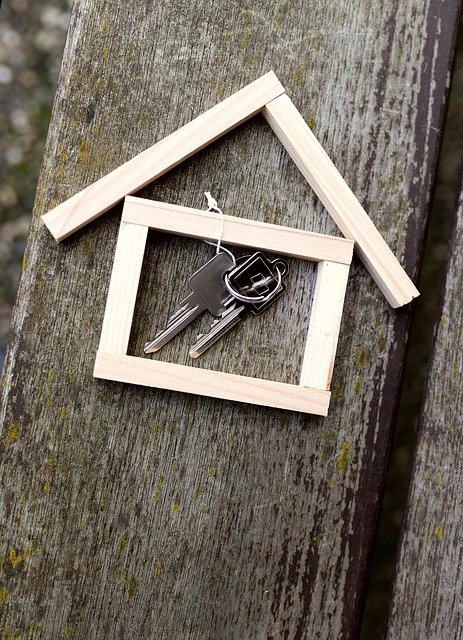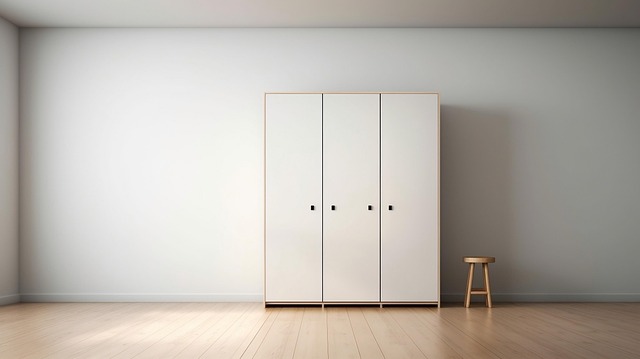Custom Built And Ready Moving Homes
In today's dynamic housing market, custom built and ready moving homes have emerged as an innovative solution for homeowners seeking flexibility, affordability, and personalization. These transportable dwellings combine the craftsmanship of custom construction with the convenience of mobility, offering homeowners the unique opportunity to own a quality home that can be relocated as needed. Whether you're looking for a permanent residence on your property or a flexible housing option that can adapt to your changing lifestyle, custom built moving homes provide an attractive alternative to traditional stationary houses.

What Are Custom Built Moving Homes?
Custom built moving homes, often called manufactured or modular homes, are residential structures constructed off-site in a factory setting and then transported to their final destination. Unlike traditional site-built homes, these structures are designed specifically for transportation and can be moved multiple times throughout their lifespan. The key difference between custom built moving homes and standard manufactured homes is the level of personalization available. Custom options allow homeowners to design floor plans, select finishes, and incorporate specific features that reflect their individual needs and preferences, all while maintaining the mobility factor.
The construction process typically begins with a custom design phase, followed by fabrication in a climate-controlled facility where quality control standards can be closely monitored. Once complete, these homes are transported to their intended location and secured to a foundation or support system that suits the terrain and local building requirements.
Benefits of Custom Built Moving Homes
The popularity of custom built and ready moving homes continues to grow for several compelling reasons. First and foremost is flexibility—owners can relocate their entire home if they change jobs, find a more desirable property, or simply want a change of scenery. This mobility eliminates the need to sell one property and purchase another, potentially saving thousands in transaction costs and moving expenses.
Another significant advantage is cost-effectiveness. These homes typically cost 10-25% less than traditional site-built homes of comparable size and quality. The factory construction process minimizes material waste, reduces labor costs, and shortens the overall building timeline. Additionally, because construction takes place in a controlled environment, there are fewer delays due to weather or subcontractor scheduling conflicts.
Energy efficiency represents another benefit worth noting. Modern custom built moving homes incorporate advanced insulation techniques, energy-efficient windows, and state-of-the-art HVAC systems. Many manufacturers offer eco-friendly options including solar panel integration, rainwater collection systems, and sustainable building materials, allowing environmentally conscious homeowners to reduce their carbon footprint.
How to Find Custom Built Moving Homes in Your Area
Locating quality custom built moving homes in your region requires some strategic research. Start by identifying reputable manufacturers and dealers who specialize in transportable housing solutions. Industry associations like the Manufactured Housing Institute maintain directories of certified builders who adhere to quality standards and building codes.
Online platforms dedicated to mobile and manufactured housing can help connect potential buyers with local builders and showrooms. Many manufacturers maintain model home centers where you can tour various floor plans and discuss customization options with design consultants. These in-person visits provide valuable insights into construction quality and available features that might not be apparent from website photos or brochures.
Local home shows and expos frequently feature custom built moving home manufacturers, offering an excellent opportunity to compare multiple companies in one location. These events often showcase the latest innovations in transportable housing and may offer special pricing or promotions for attendees.
Understanding the Costs of Custom Built Moving Homes
The cost of custom built moving homes varies widely based on size, design complexity, quality of finishes, and transportation requirements. Base models typically start around $50,000 for smaller units (400-800 square feet), while larger luxury models with premium features can exceed $200,000. The average mid-range custom built moving home costs approximately $80,000-$150,000 for 1,000-2,000 square feet of living space.
Beyond the home itself, buyers should budget for site preparation ($5,000-$15,000), foundation installation ($10,000-$25,000), utility connections ($3,000-$10,000), and transportation costs ($2,000-$15,000 depending on distance and home size). Local permits and inspections typically add another $1,000-$5,000 to the total project cost.
| Provider | Base Price Range | Special Features | Transportation Range |
|---|---|---|---|
| Champion Homes | $60,000-$180,000 | Energy Star certification, smart home integration | Up to 200 miles included |
| Clayton Homes | $70,000-$220,000 | eBuilt energy efficiency package, designer finishes | $3-$5 per mile |
| Deer Valley Homebuilders | $75,000-$190,000 | 2x6 exterior walls, residential drywall throughout | $5-$8 per mile |
| Skyline Champion | $55,000-$170,000 | Steel I-beam frames, moisture barrier systems | Up to 100 miles included |
| Cavco Industries | $90,000-$250,000 | Premium insulation, high wind zone construction | Custom quote based on home |
Prices, rates, or cost estimates mentioned in this article are based on the latest available information but may change over time. Independent research is advised before making financial decisions.
Preparing Your Land for a Custom Built Moving Home
Proper site preparation is essential for the successful installation of any custom built moving home. Before delivery, the land must be cleared, leveled, and made accessible for the transport vehicles and equipment. Depending on the terrain, this may involve tree removal, grading, or even constructing a temporary access road if your property is in a remote location.
Foundation options vary based on local building codes, soil conditions, and personal preference. Common choices include concrete slabs, crawl spaces, permanent foundations, or pier-and-beam systems. Each offers different benefits regarding cost, installation time, and long-term stability. Working with a licensed contractor familiar with movable home installations ensures compliance with local regulations and structural safety requirements.
Utility connections represent another critical consideration. Water, sewer or septic, electricity, and gas lines must be planned and installed before the home arrives. Some rural properties may require additional investments such as well drilling, septic system installation, or extended power line runs from the nearest utility access point.
The Future of Custom Built and Ready Moving Homes
The custom built moving home industry continues to evolve with advances in construction technology, sustainability practices, and design innovation. Emerging trends include increased modularization allowing for easier expansion, improved transportation systems that minimize road limitations, and advanced factory automation that enhances quality while reducing costs.
As housing markets in many areas become increasingly expensive, these flexible housing solutions will likely grow in popularity among first-time homebuyers, downsizing seniors, and those seeking alternative living arrangements. The ability to combine homeownership with location flexibility addresses many of the challenges facing today’s housing market, positioning custom built moving homes as an important component of future residential options.




